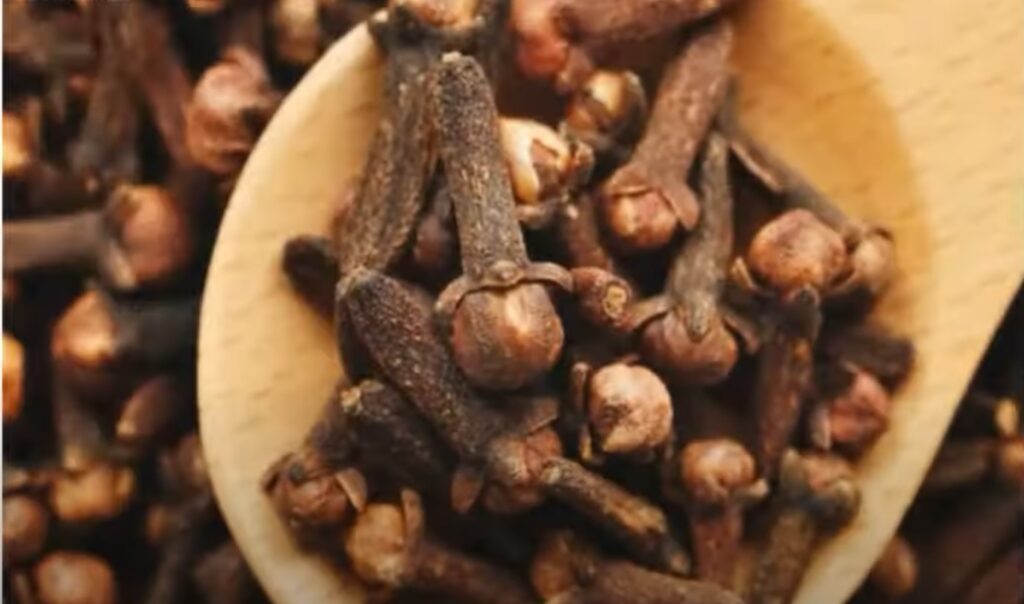Clove: History And Ways To Use

Clove spice, which is derived from the dried flower buds of the Syzygium aromaticum tree, has a long and rich history spanning thousands of years. Native to Indonesia, clove was a highly prized commodity that was traded among various civilizations throughout Asia, Europe, and the Middle East. The spice was considered a symbol of wealth and power and was used for medicinal, culinary, and ritualistic purposes. Today, clove remains an important spice in many cuisines around the world with a range of health benefits.
The early history of clove can be traced back to the Moluccas Islands in Indonesia, also known as the Spice Islands, where the tree originated. The ancient Chinese had knowledge of clove as early as 200 BC. However, it wasn’t until the 3rd century that cloves were introduced to the Western world. Arab traders first introduced them to Europe where they were used as a luxury commodity.
During the Middle Ages, cloves were used as a remedy for toothaches, headaches, and stomachaches. Clove oil was also believed to have healing properties and was used as an antiseptic for wounds. The herb was also used as a sleep aid and to reduce anxiety. By the 16th century, cloves had become an important commodity in the global spice trade and its trade monopoly helped fund empires.
In fact, cloves played a crucial role in European exploration during the Age of Discovery in the 15th and 16th centuries when European countries sent explorers to find new trade routes to Asia. During this time, numerous European powers tried to monopolize the spice trade from the East Indies by establishing their own trading companies.
In 1511, Portugal took over Moluccas Island during their conquest of Malacca in modern-day Malaysia where they began cultivating cloves. Portugal became the first European nation that possessed a global trading monopoly over spices such as cloves. In 1602 the Dutch East Indies Company was formed and it came to control the lucrative trade of spices from the Dutch East Indies until the 18th century.
During this time, the British established their own trading companies and India became a major player in the spice trade. The British controlled India and dominated the spice trade during the British Raj period. They used aggressive tactics to eliminate competition that led to several conflicts in India, including the Anglo-Maratha Wars and the Anglo-Mysore Wars.
Historically, cloves became so valuable that they were used as a means of paying taxes and debts when currencies were scarce or non-existent. Its scarcity meant that it was only available to the rich for much of history. Merchants, traders, and royalty could afford it while others resorted to using alternative substitutes like nutmeg when they couldn’t pay for cloves themselves.
Over time, clove has become an essential spice in many cuisines around the world. The spice is now cultivated in countries such as Madagascar, Tanzania, Indonesia, Sri Lanka, and Zanzibar. While it is still used medicinally in some cultures, its primary use is now culinary.
One popular way of using cloves is in baking. The warm, sweet flavor pairs well with apples and cinnamon – a classic combination found in apple pie or spiced cookies. Cloves are also an important ingredient in many Indian dishes including biryani and lamb curry because they add depth and flavor to these dishes.
Clove can also be used as an addition to beverages such as chai tea or mulled wine. In these types of beverages, cloves add depth and warmth to the drink while also offering its health benefits.
In Chinese cuisine, cloves are often used for flavoring meat dishes such as braised pork belly. They are also commonly used in soup broths as well as pickling spices. Due to their small size, they are easily incorporated into stir-fries and other dishes.
Clove oil has become increasingly popular in recent years due to its therapeutic properties. It is used to treat a variety of ailments such as respiratory infections, athletic injuries, and menstrual cramps. When applied topically, clove oil can also be used to dull the pain associated with toothaches.
Clove spice has a long and fascinating history dating back thousands of years. It has played a significant role in the spice trade and was considered a symbol of wealth and power. It has been used for medicinal, culinary, and ritualistic purposes by various civilizations throughout history. Today, clove remains an important spice in many cuisines around the world and is valued for its flavor as well as its therapeutic properties.